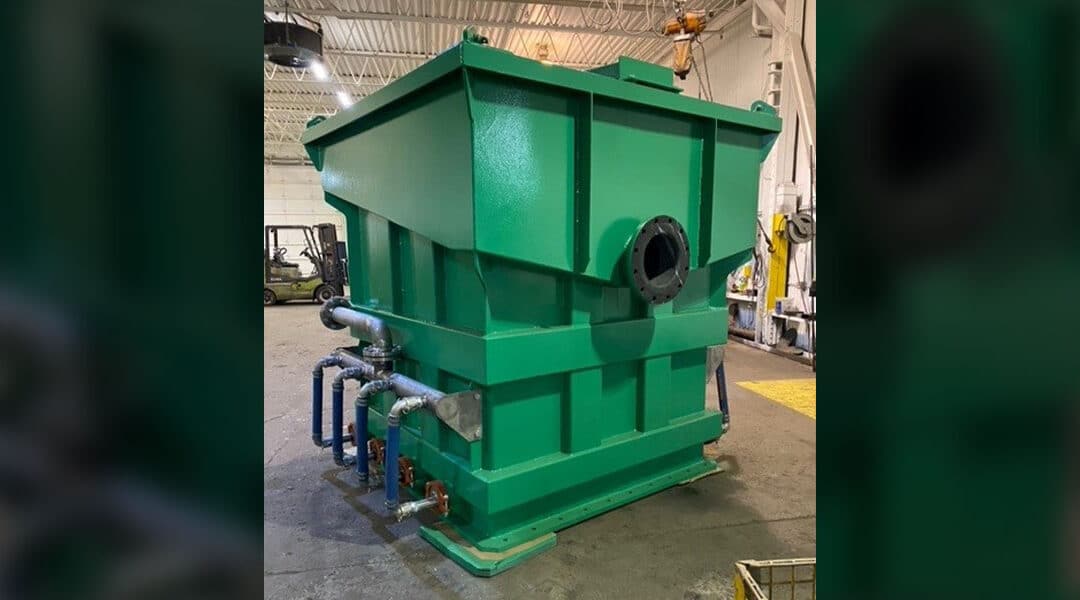The Importance of Quality Linings in Industrial Applications
Toward Ultimate Durability and Performance
In the world of industrial applications, where equipment and infrastructure are subjected to harsh conditions such as corrosion, abrasion, and chemical exposure, the role of quality linings cannot be overstated. These linings serve as protective barriers, safeguarding critical components and structures from premature deterioration and ensuring long-term operational reliability.
Protecting Against Corrosion and Chemical Damage
One of the primary functions of industrial linings is to shield equipment from degradation caused by exposure to corrosive substances or harsh environments. Corrosion can weaken materials, compromise structural integrity, and lead to costly repairs or replacements. High-quality linings act as a barrier, preventing detrimental agents from reaching the underlying substrate, and thereby sparing the infrastructure from costly deterioration.
Similarly, in industries where chemical processing is prevalent, linings play a critical role in resisting chemical attack. They are designed to withstand exposure to acids, alkalis, solvents, and other chemicals, preventing damage that could otherwise lead to compromised infrastructure, costly leaks, and untold liability for ensuing contamination of the facility and surrounding environment.
Enhancing Resistance to Abrasion
Industrial operations often involve the handling, transportation, and processing of toxic, caustic, or otherwise hazardous substances. Many of these activities simultaneously subject equipment to highly abrasive forces. For example, the chemicals and minerals involved in some mining operations are all discarded along with water, mud, and large pieces of rock and other debris, in a problematic sludge called a slurry.
Unlined, the pipes, conduit, and tanks used in mining can quickly become compromised by the constant battering of the abrasive and corrosive elements within the slurry.
Linings formulated with abrasion-resistant properties provide an additional layer of protection against wear and tear in situations like these. By minimizing abrasion damage, these linings help maintain equipment efficiency and reduce the need for maintenance, repair, and replacement of infrastructure, all to the considerable benefit of your bottom line.
Best Practices for Fabrication and Installation
Achieving the full benefits of quality linings requires adherence to best practices during fabrication and installation:
Surface Preparation
Proper surface preparation is critical to ensure adhesion and longevity of the lining. It involves cleaning, degreasing, and sometimes abrasive blasting to create a clean and roughened surface for optimal bonding.
Material Selection
Choosing the right lining material is essential based on the specific operational conditions and chemical exposure anticipated. Factors such as temperature resistance, chemical compatibility, and mechanical properties should be carefully evaluated.
Application Techniques
Applying linings using recommended techniques, such as spray application or trowel application, ensures uniform coverage and thickness. Proper curing procedures following application are also crucial to achieve maximum performance.
Long-Term Reliability and Cost Efficiency
Investing in high-quality linings not only enhances immediate protection but also contributes to long-term reliability and cost efficiency. By reducing maintenance frequency, extending equipment lifespan, and minimizing downtime for repairs, quality linings offer a substantial return on investment for industrial operations.
An Authoritative Voice in Protective Coatings
For any industrial business looking to maximize their return on investments in infrastructure, safeguarding their machinery has to be a top concern. For any business battling the degradation of infrastructure through corrosion or abrasion, quality linings are a sure way to gain the upper hand. Choosing the right linings is a strategic decision that begins paying for itself immediately, and continues to do so in the long run.
Protective Coatings, Inc. (Proco) has led countless operators to find essential protection against corrosion, abrasion, and chemical damage through quality linings.

